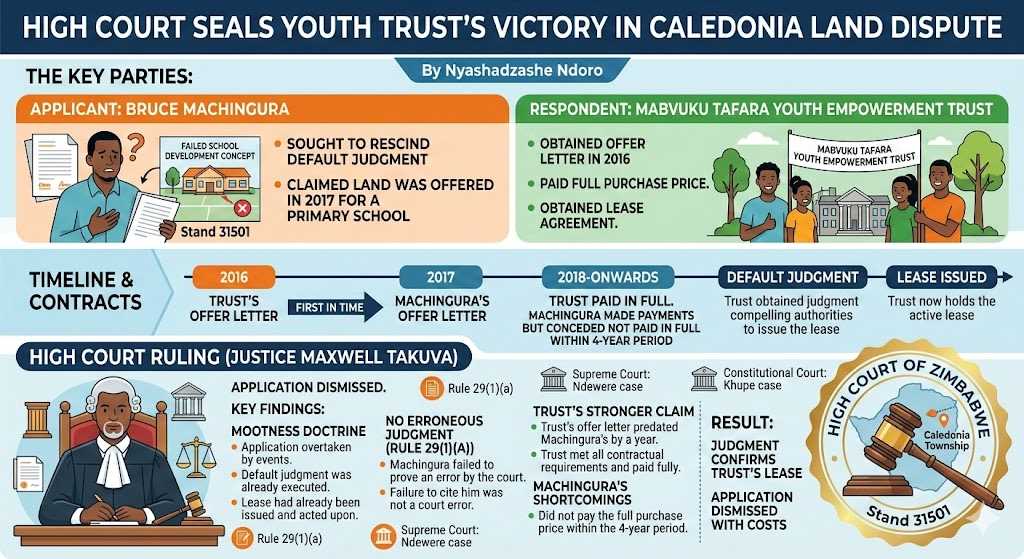
Zimbabwe social media platforms have been filled with discussions centering on the purported banning of the payment of bride-price (commonly known as Lobola/Roora).
The common understanding in the discussion has been that it is no longer a legal necessity but rather a moral decision that one has to make when getting into traditional customary marriage.
Fact checking by Zim Fact shows that Lobola payment is still a requirement under Customary Law Marriage, and the recent Gazetting of the Marriages Act of 2022 did not nullify that provision.
What does the Act say about the payment of Lobola? Section 16 of the Marriages Act which deals with the official registration of a marriage states that a marriage officer in a customary law marriage shall put to either of the parties to a proposed marriage or to the witnesses any questions relevant to the identity or marital status of the parties to the proposed marriage, to the agreement relating to marriage consideration (lobola or roora), if any, and to the existence of impediments to the marriage.
This means that marriage officers, will have to ascertain whether lobola has been paid before a customary marriage has been registered. What is the purpose of the New Marriages Act?
The Ministry of Justice, Legal and Parliamentary Affairs says the Act combines the two older Acts, which are the Civil Marriages Act and the Customary Marriages Act to allow monogamous couples with a registered customary union to change to a registered civil union.
The new law also implies that no person may be married to different people under the general law and customary law at the same time.
What is the difference between Civil and Customary Marriages?
A civil marriage is monogamous, that is to say, it is the lawful union of two persons to the exclusion of all others and no person may contract any other marriage during the subsistence of a marriage under the general law.
A customary law marriage may, subject to the customary law of the people concerned, be polygamous or potentially polygamous.
Related Stories
What is required to register a marriage contracted according to customary law?
Registration of the marriage within three months of entering into union
Proof that marriage took place
Identity particulars of couple to be registered
Brief details of marriage consideration – what was paid or is to be paid in respect of the marriage
Conclusion: Lobola remains a requirement for registration of a customary marriage under the new Marriages Act though not for the registration of a civil marriage.
Sources Ministry of Justice, Legal and Parliamentary Affairs
New Marriages Act
Veritas
Adapted from https://zimfact.org/fact-check-has-zimbabwes-new-law-banned-lobola-payments/


















Leave Comments